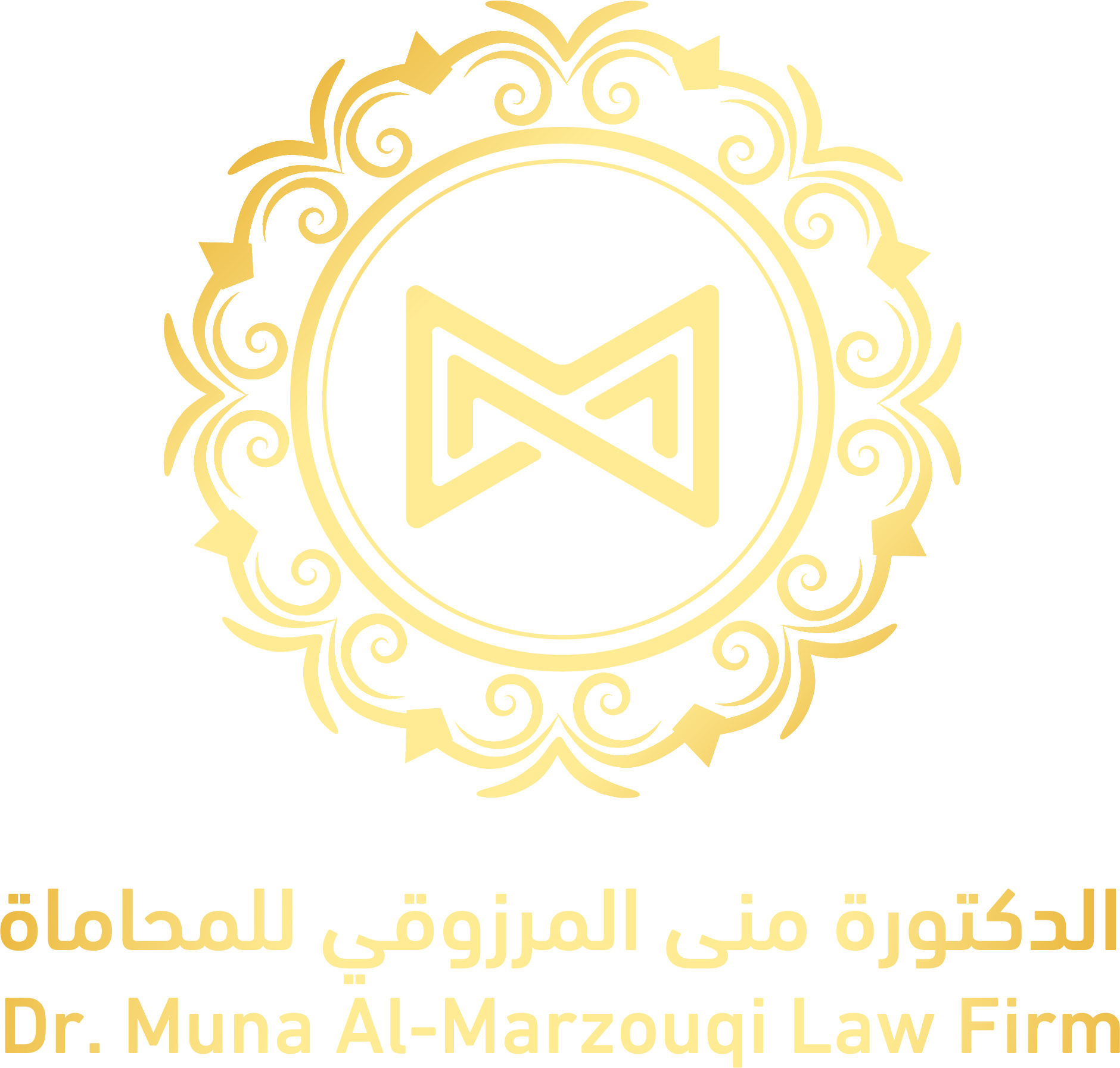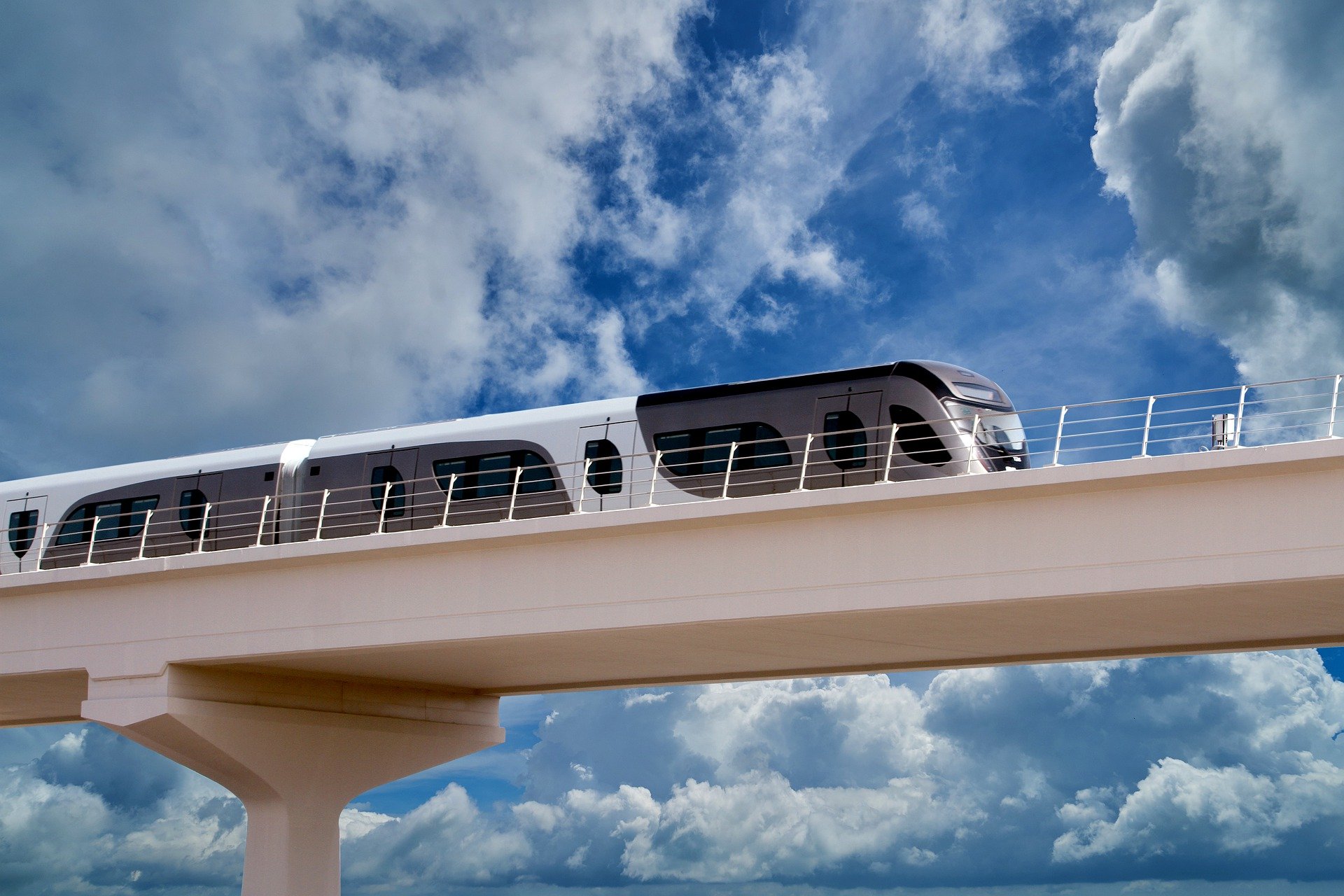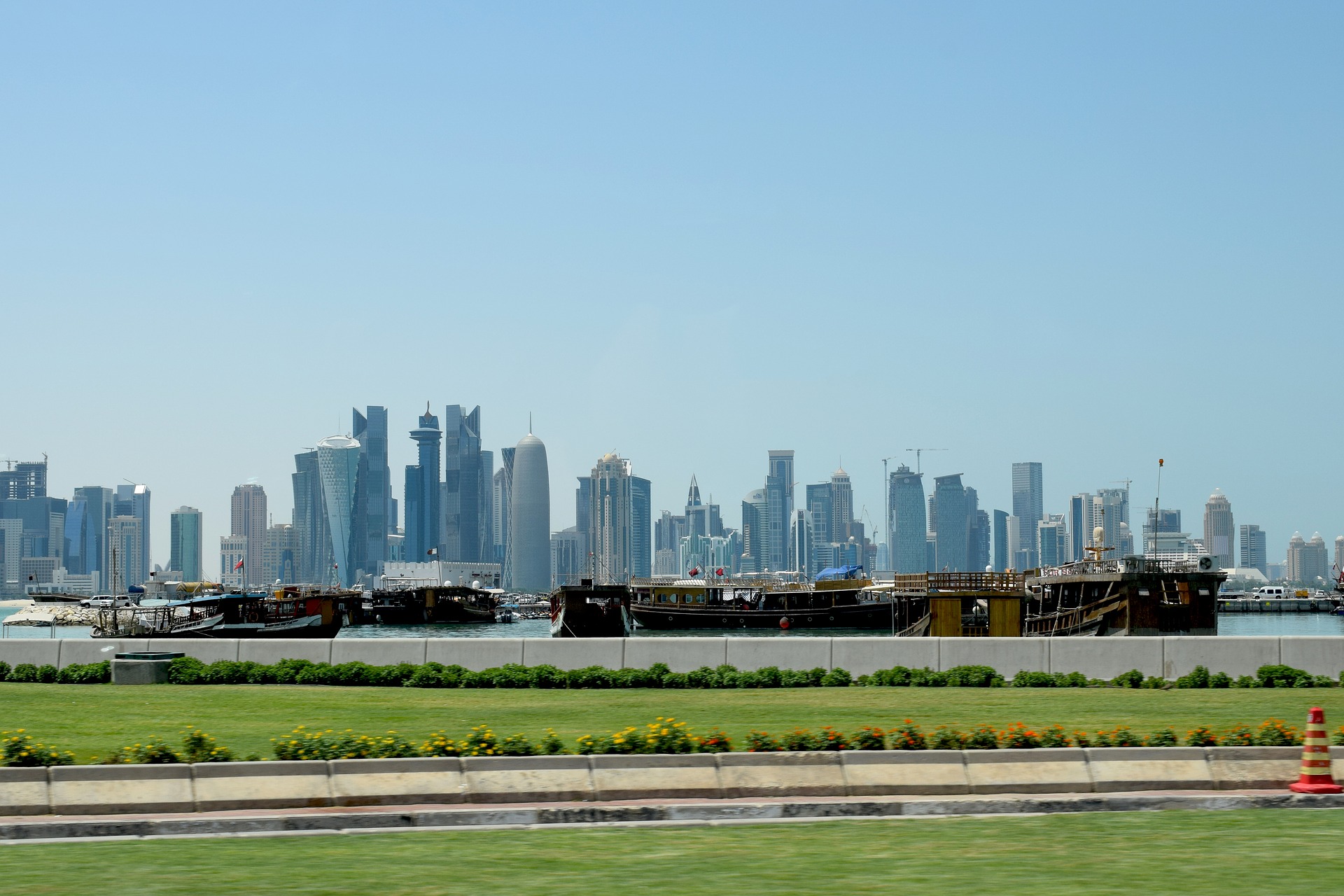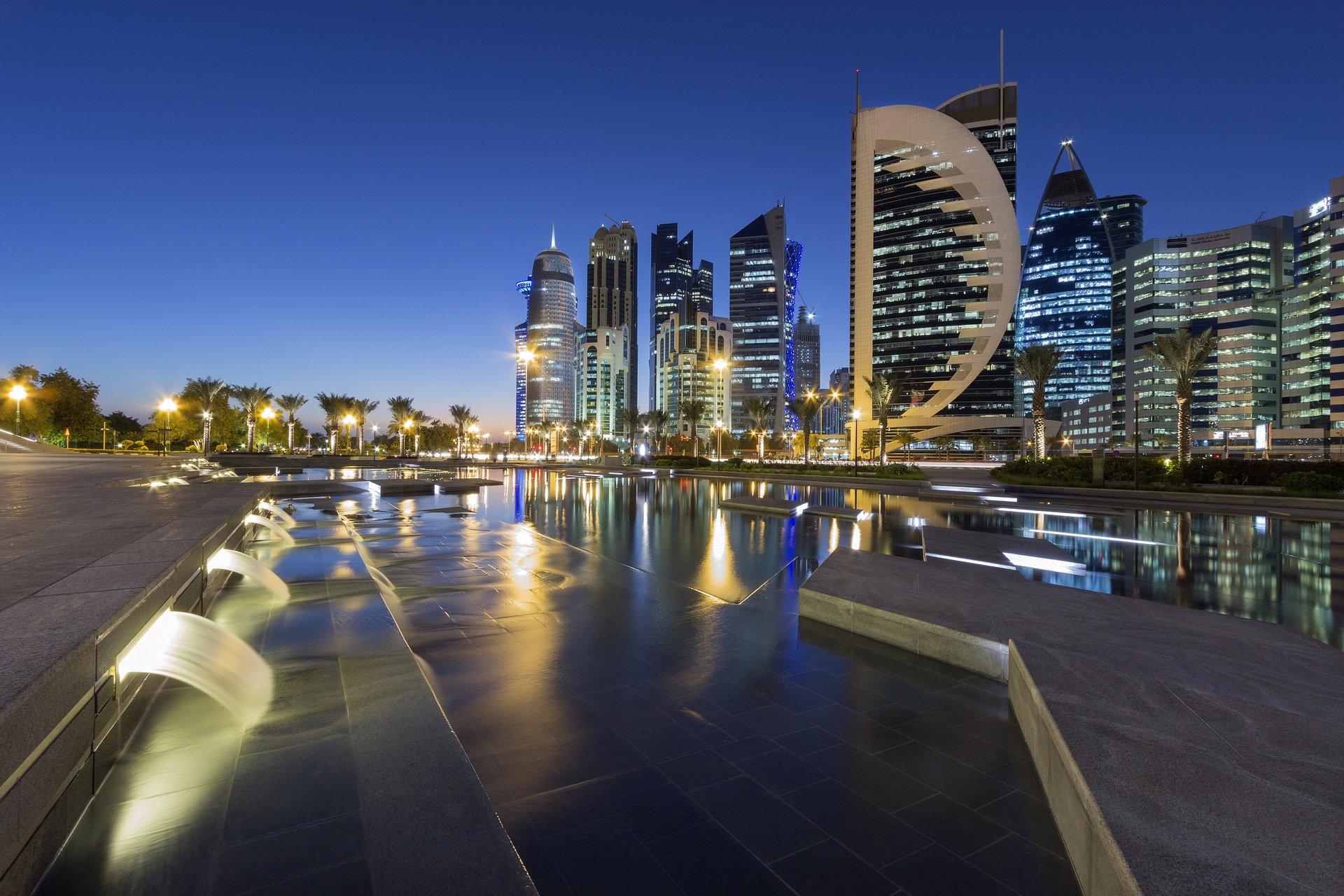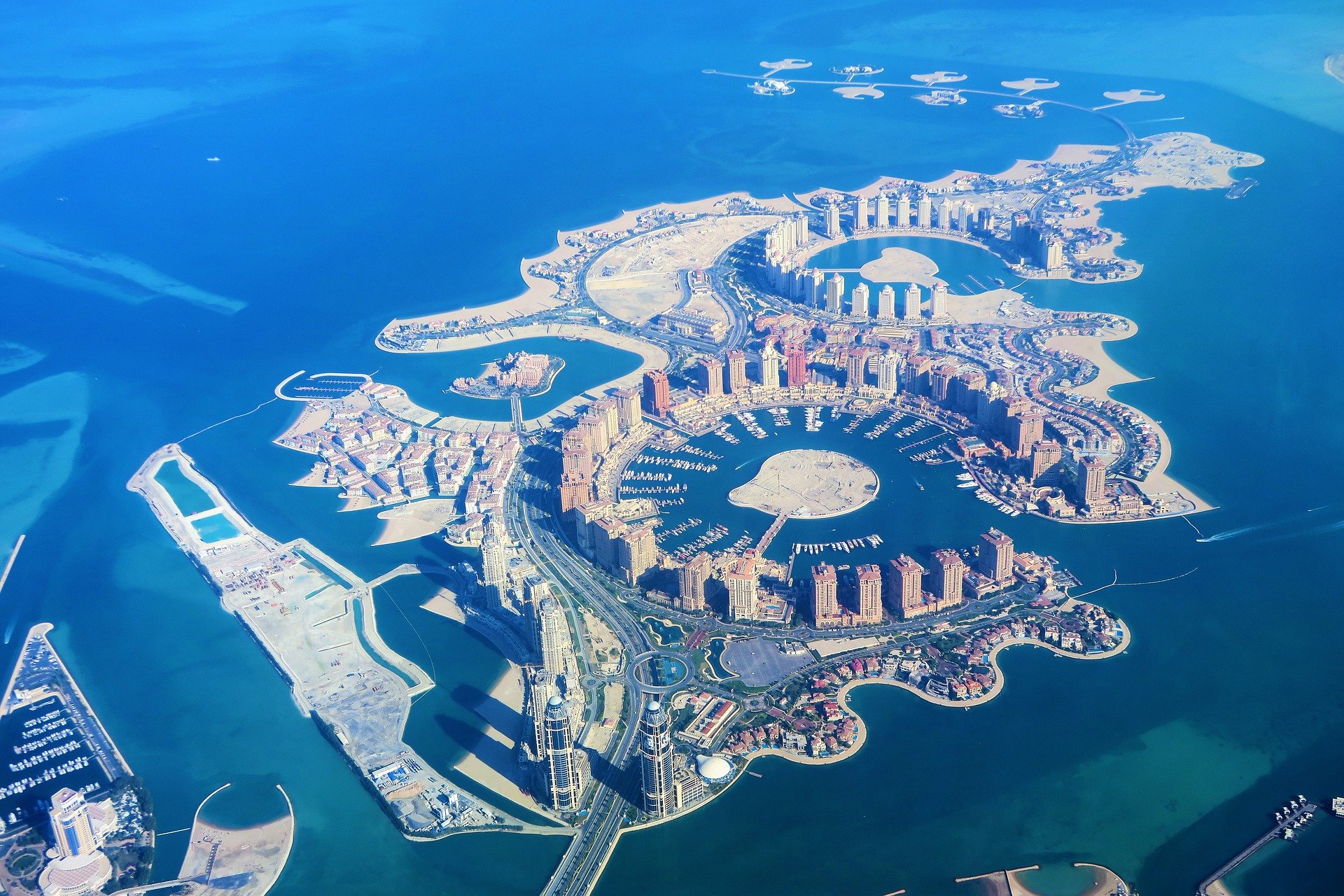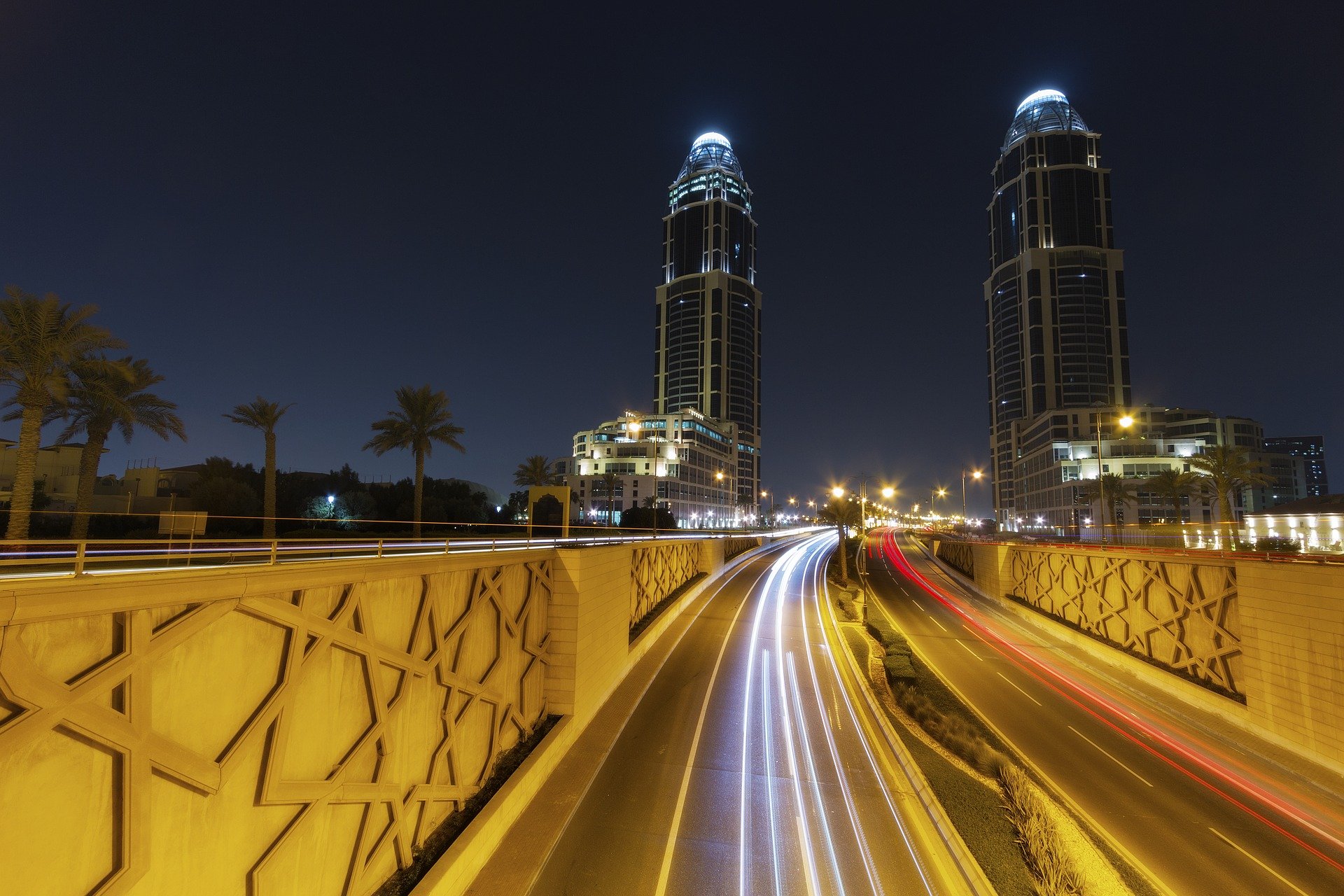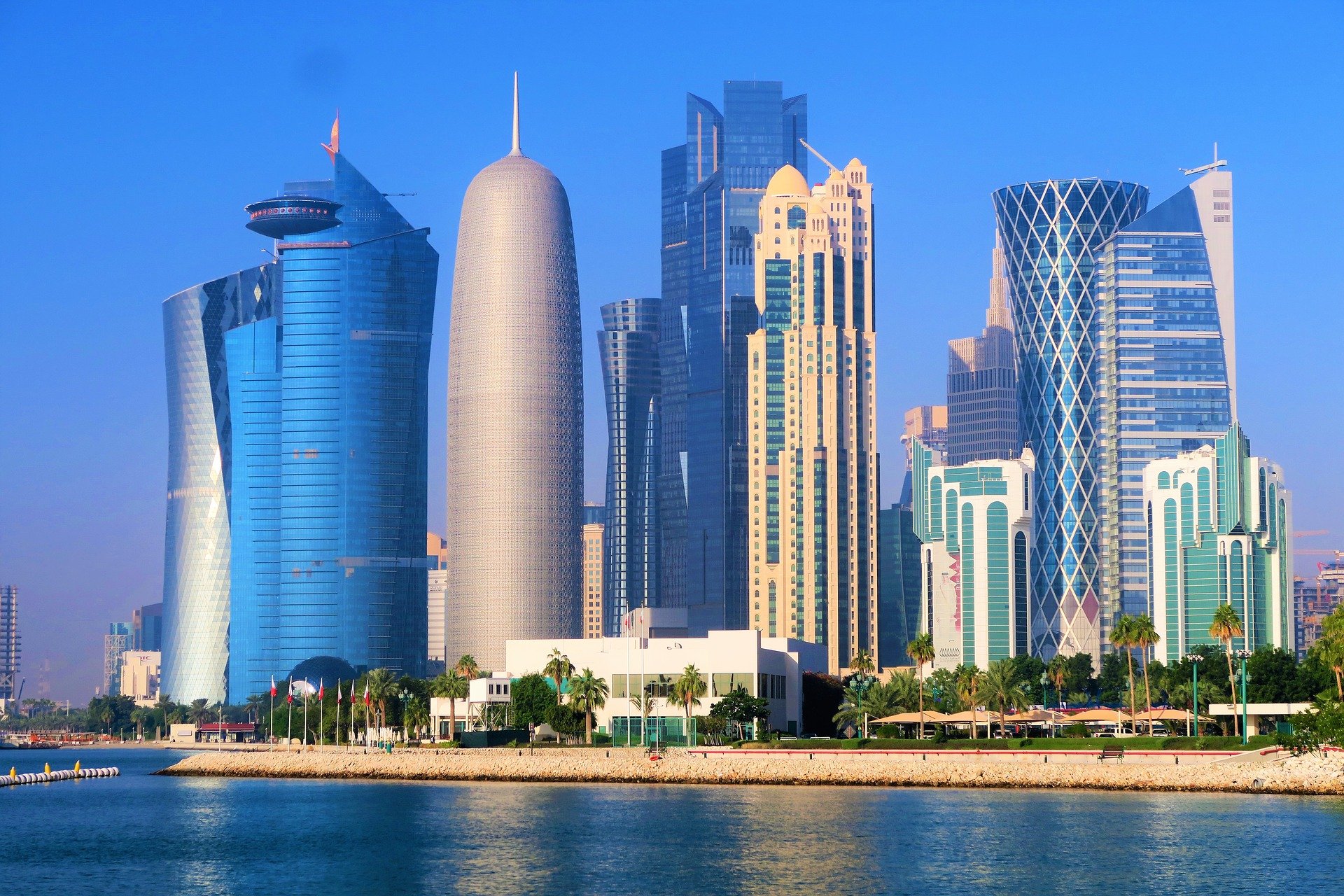Doha
Doha is the capital city as well as the seat of Government. It includes the country’s main seaport as well as the international airport. It has an advanced road system that connects with the international road network and it is Qatar’s cultural, commercial, and financial center. With the influx of an increasing number of foreign skilled and semi-skilled workers, Doha is currently undergoing a process of rapid economic and infrastructural development.
Al Rayyan
Al Rayyan located about 10 kilometers to the west of Doha, is the largest residential locality outside of the Doha municipal limits.
Al Khor
Al Khor is a coastal city 57 kilometers to the north of Doha with a port. The Al Khor Municipality includes the Industrial City of Ras Laffan.
Ras Laffan Industrial City
The Ras Laffan Industrial City is situated strategically along the northeast coast of Qatar, with proximity to the North Field, the largest natural gas field in the world, and situated on the international maritime shipping route between Asia and Europe. This unique position enables its energy products to be transported efficiently and expeditiously to the major markets of the world.
Covering an area of 106 square kilometers it is expected to soon expand to nearly 250 square kilometers in size. The energy facilities house some of the biggest corporate names in the energy world and include Qatar’s Qatargas and RasGas LNG production facilities.
Mesaieed
Mesaieed is the largest industrial city in Qatar. It has a large seaport as well as the principal terminal for the export of oil and other hydrocarbon products. The beaches of Mesaieed with their fine sand and adjoining sand dunes constitute a major tourist attraction of Qatar.
Al Wakra
Al Wakra is situated between Doha and Mesaieed, 15 kilometers from Doha, and has a small harbor for fishing boats.
Dukhan
Dukhan is the onshore oil production center and is situated halfway along the western coastline of the Qatari Peninsula. Its development has been ongoing since the first exploitation of the country’s oil reserves in 1949.
